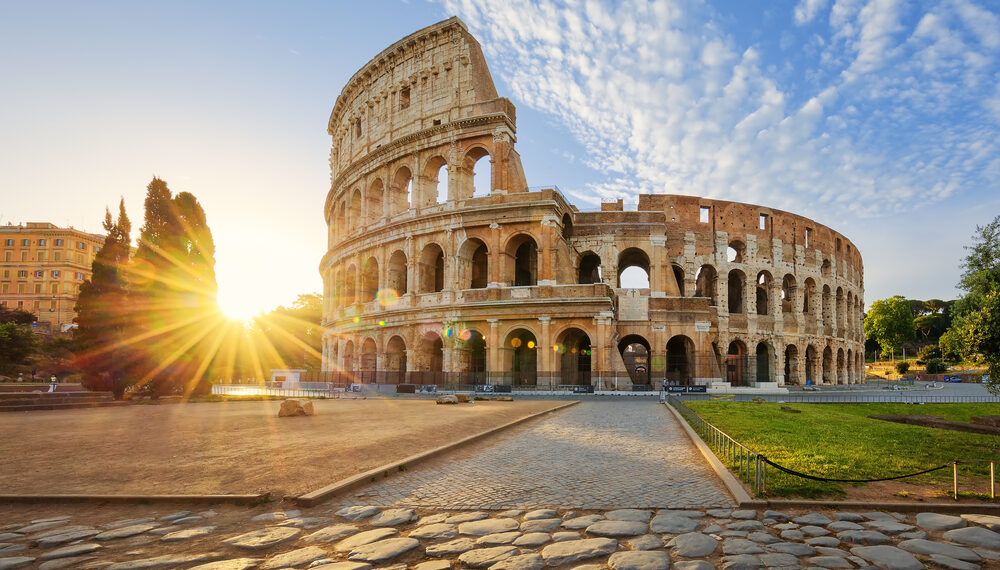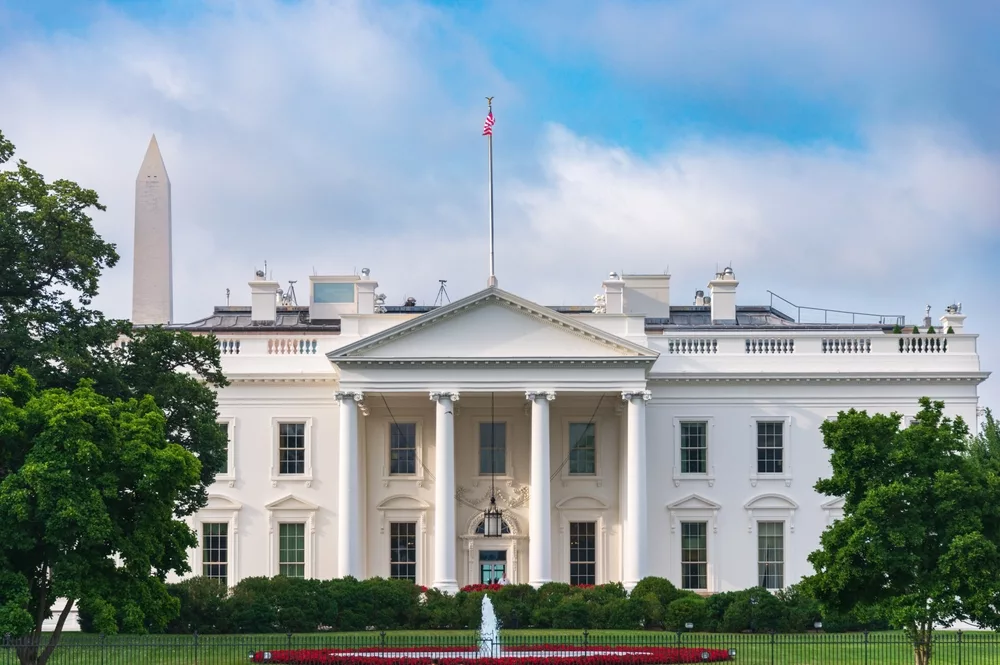
Summary
- Hungarian MEPs have shown no interest in the digital assets sector or policy relating to it at EU level.
- Although Ireland’s influence in the areas of digital policy and financial services is arguably more significant in other EU institutions, its MEPs are well represented on the Economic and Monetary Affairs (ECON) committee, and have played leading roles in shaping the Digital Operational Resilience Act (DORA).
- Italy has a number of prominent politicians involved in the crypto/digital finance space, both MEPs sitting on the ECON committee, including the chair, and in other institutions, including former prime ministers, Mario Draghi and Enrico Letta.
Hungary shows little interest in EU crypto
No Hungarian MEPs have any direct policy relationship with crypto or digital assets policy in the EP. Instead, Hungarian politics at domestic and European level, centers on just one man: Victor Orban. His self-declared illiberal state and his proximity to Russian President Vladimir Putin have put him on a collision course with most of his EU peers for the past few years, making policy influence largely impossible. This is unlikely to change, even as Hungary holds the Presidency of Council in the second half of 2024.
Orban’s Fidesz is currently polling at 48%, well ahead of the S&D-affiliated Democratic coalition (14%) and the new, unaffiliated Our Home Movement (9%). As such, Fidesz looks likely to secure many, if not all, of its current 13 MEPs (from a current total of 21 Hungarian MEPs). Currently, however, Fidesz’s MEPs are non-attached, having been ejected from the EPP earlier this term. The relative size of the Fidesz delegation will make it an enticing, albeit prickly, partner for right-right formations (ECR and ID) to court.
Ireland influences crypto beyond the EP
Ireland’s 13 MEPs are spread broadly throughout the political spectrum, something that is largely expected to continue in the next term. Ireland also has a strong heritage of independent candidates, who have seemingly banded together in a newly created ‘independent and others’ party.
Perhaps underscoring the importance of financial services and digital assets to what is a small, export-led economy, Ireland is disproportionately well represented on ECON.
Notable politicians include Renew MEP Billy Kelleher, who is standing again and is understood to want to remain on ECON. Here he was rapporteur for the significant Digital Operational Resilience Act (DORA), which will apply to crypto asset providers and issuers.
Another notable figure is EPP MEP Frances Fitzgerald, who will be standing down, but whose replacement is likely to secure a seat in her Dublin constituency.
Like other smaller countries, Ireland’s influence in financial services and digital policy is arguably more significant in the EU’s other institutions. Pascale Donohoe, despite no longer being Ireland’s finance minister, remains president of the influential Eurogroup – the regular meeting at ministerial level of finance ministers from eurozone countries.
In the field of financial services in the Commission, Ireland’s influence is super-sized in the shape of financial services commissioner Miread McGuinness and John Berrigan, director-general of DG FISMA.
Italy plays a prominent role in crypto
Italy has 76 MEPs, and after June’s polls, its larger delegations are likely to be at the heart of group formation negotiations on the right of the EP.
In terms of crypto and digital assets policy, Italy currently has 13 MEPs on ECON, most notably S&D chair Irene Tinagli. Tinagli is involved in the majority of trilogues (the final negotiations between the EP, Council and Commission) in her capacity as chair and, as a result, has been present and influential throughout all ECON files in the past five years.
Another prominent player is ID group leader Marco Zanni, who is a full member of ECON and who acted as ID shadow on the AML package.
Italy’s influence in financial services policy spans beyond the EP, however, to include prominent figures such as Commissioner for the Economy Paolo Gentiloni, as well as former prime ministers Mario Draghi and Enrico Letta. Both have been tasked by Commission President Von der Leyen to draw up reports ahead of the elections assessing how to improve EU competitiveness and the future of the EU’s single market.
Polls have been relatively stable in Italy over the past 12 months and suggest the Italian PM’s ECR-affiliated Brotherhood of Italy (28%) will come top, significantly increasing its current 10 MEPs. This seems largely at the expense of the ID-affiliated Lega, currently polling at 9%, which looks likely to lose perhaps more than one-half of its current 23 MEPs. Of the traditional, center parties, the S&D-affiliated Partito Democratico is polling at 20% so could maintain, more or less, its current 15 seats.

























